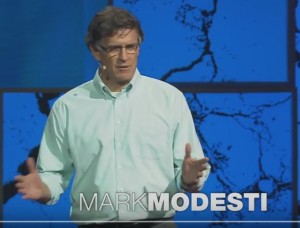
Brenda’s Blog- September 8, 2015
“And miles to go before I sleep; and miles to go before I sleep.” – Robert Frost
Frost’ poem, Stopping by Woods on a Snowing Evening is one of America’s favorites. The imagery stimulates our imagination. The poignant words evoke a variety of emotions.
Of course, reflection on the road not taken has been translated by Scott Peck into “the road less traveled.” Sermons, commencement addresses, pre-game pep talks, and parental admonitions have all alluded to the opportunities of life and making good choices.
But is the road not taken always a negative? I think not. Certainly not as poetic, but surely as true is the title of the country western ballad, “Thank God For Unanswered Prayer.” The road not taken and the prayer unanswered can be a source of tremendous gratitude.
One of the distinct advantages of quickly approaching the 3/4 century mark is reflection. Remembering choices, good and bad; reliving experiences, good and bad; rehashing conversations, good and bad – all part of the reflective process. Usually my conclusion is gratitude for those roads I didn’t take and for those prayers God answered with a “no.”
Seeing His hand of protection when my senses took a temporary vacation humbles me. When I recognize the learning through difficulties and problems I am grateful growth is a process.
Walks through woods on snowy evenings are rare in East Texas, but we can still enjoy the solitude of pine trees, white-tipped or not. Looking up at the trees puts life into perspective. Musing about what they have seen, give me a longer view. The music of the trees would thrill Sondheim.
Many times I have quoted the “miles to go” with a sigh and a shrug. Today I realize what a gift those miles are. The experiences they represent will provide fodder for future reflection. Undoubtedly those miles will include some missteps, but they will also allow for unspeakable joys. I am thankful that there are miles to go before that last sleep. And I am most appreciative for those roads not taken.



